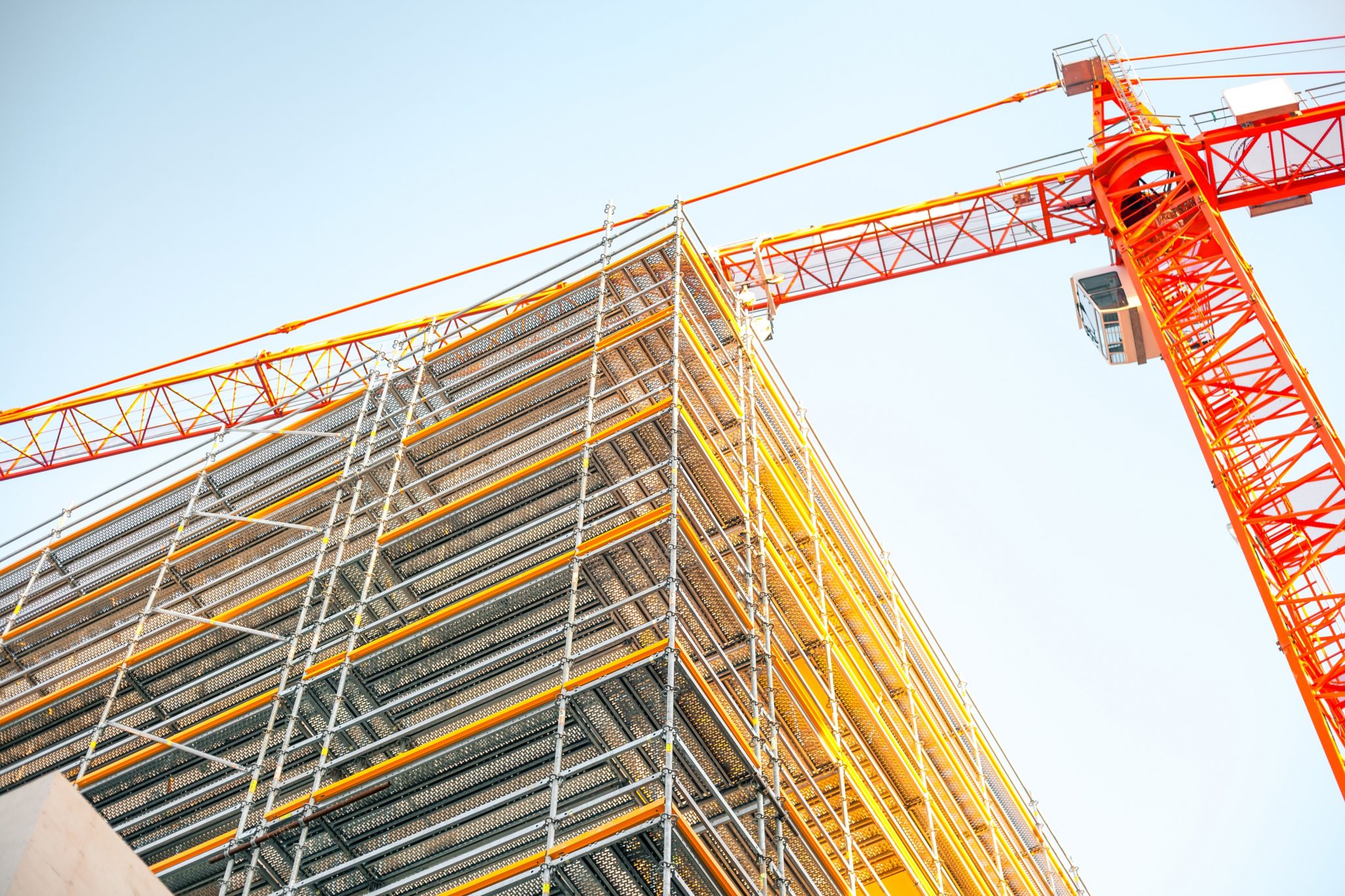Delay in introduction of VAT reverse charge on building and construction services
Published on 21st October 2019

In September 2019, HMRC announced that the introduction of the VAT reverse charge on building and construction services (the VRC) would be delayed for a year, so that it will now apply to supplies of services made on or after 1 October 2020. The change was originally intended to apply to supplies of services made on or after 1 October 2019. Businesses can use the delay to consider how the VRC will affect their construction operations and to ensure that they are ready for implementation next year.
Why has the measure been delayed?
The delay in implementation of the VRC is welcome news for businesses and is in response to industry concerns that businesses were not ready to implement the changes. The original implementation date was also intended to coincide with Brexit. However, for those businesses that have prepared for the VRC to be implemented in 2019, the delay may impact their invoicing systems and VAT returns. Although helpful for cash flow forecasts, businesses may need to revise those forecasts to account for the delay.
Background to the VRC
The UK government proposed the VRC in response to perceived high levels of VAT fraud and avoidance in the construction industry. Before the introduction of the VRC, a sub-contractor supplying construction services in the UK would be required to collect VAT from the recipient of its supplies, and would be liable to account for the VAT to HMRC in the same way as for most supplies of goods and services. For supplies that are subject to the VRC, the normal rule does not apply and instead it is the recipient of the supply that is required to account to HMRC for the VAT.
What are the changes?
The VRC will apply to business-to-business supplies of construction services. The meaning of "construction services" in this context has been aligned with the meaning adopted for the existing Construction Industry Scheme (CIS). As a result, the VRC applies to services including: the construction, alteration, repair, extension and demolition of buildings and structures – and of works forming part of the land, such as walls, roadworks and power lines; and to the installation in any building or structure of heating, lighting, air conditioning, ventilation and certain other systems.
Some "excepted supplies" do not fall within the scope of the VRC. These include supplies to:
- Contractors that are not required to report payment to HMRC under the CIS.
- "End-users", which are defined as taxable persons who do not use construction services to make further supplies of construction services. For example, supplies by building contractors to high street retailers and property owners.
- Certain intermediaries that intend to supply the construction services without material alteration or further processing. This exception will apply where the intermediary and the end user are both members of the same corporate group, or where both the intermediary and the end user have an interest in the land or buildings in respect of which the supplies are made for example, an onwards supply from a tenant to its landlord.
End-users and intermediaries outside the scope of the VRC will be responsible for notifying suppliers that the VRC does not apply to supplies to them.
Suppliers of services that are subject to the VRC will need to change their VAT invoicing procedures and recipients of such services will need to account for the VAT on those services in their VAT returns.
Osborne Clarke comment
When the VRC was expected to apply from 1 October 2019, HMRC recognised that implementation might cause difficulties and decided that it would therefore take a light-touch approach to any genuine errors that companies made applying the charge during the first six months of its introduction. In light of this additional time for businesses to prepare for the commencement of the VRC, it remains to be seen whether HMRC will apply the same leniency when the VRC is introduced in 2020. Businesses should use this additional time to review their construction contracts and consider how the VRC will affect them to ensure that they are ready for implementation next year.




